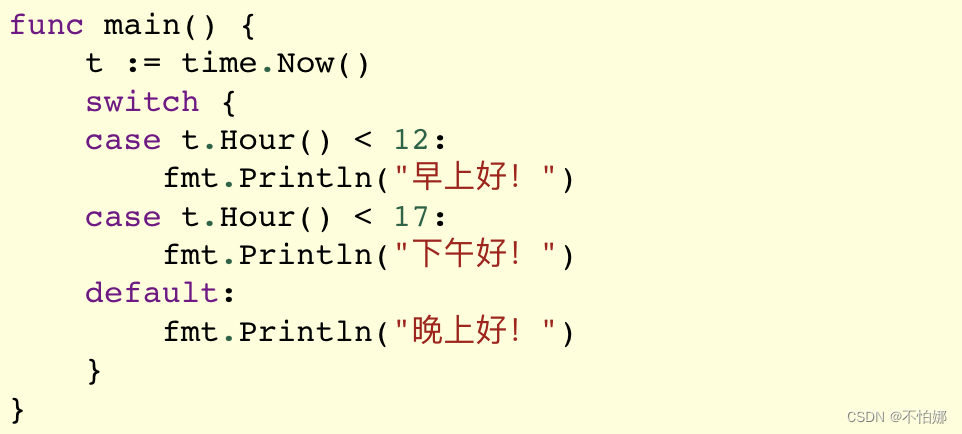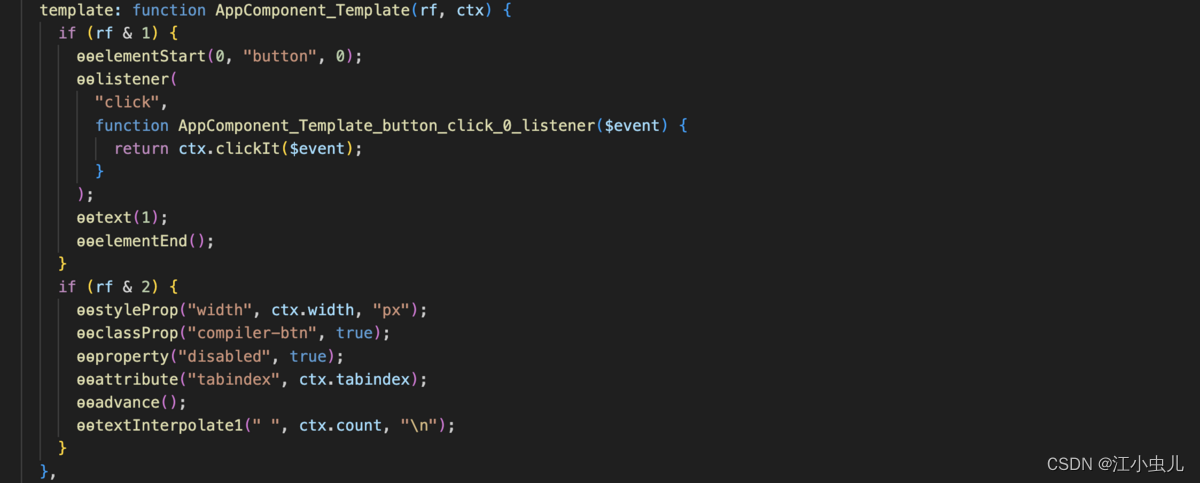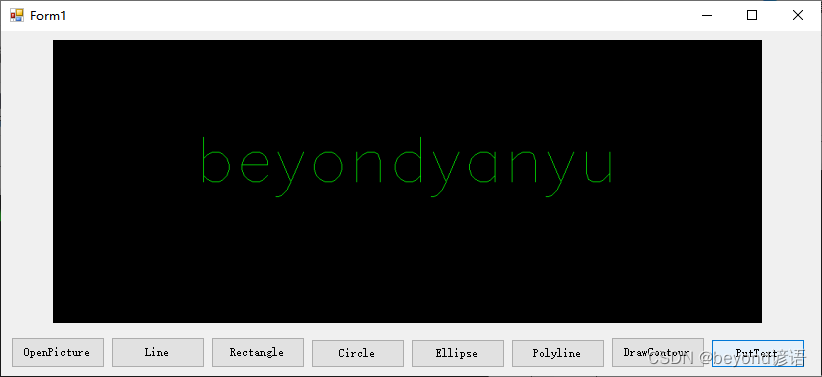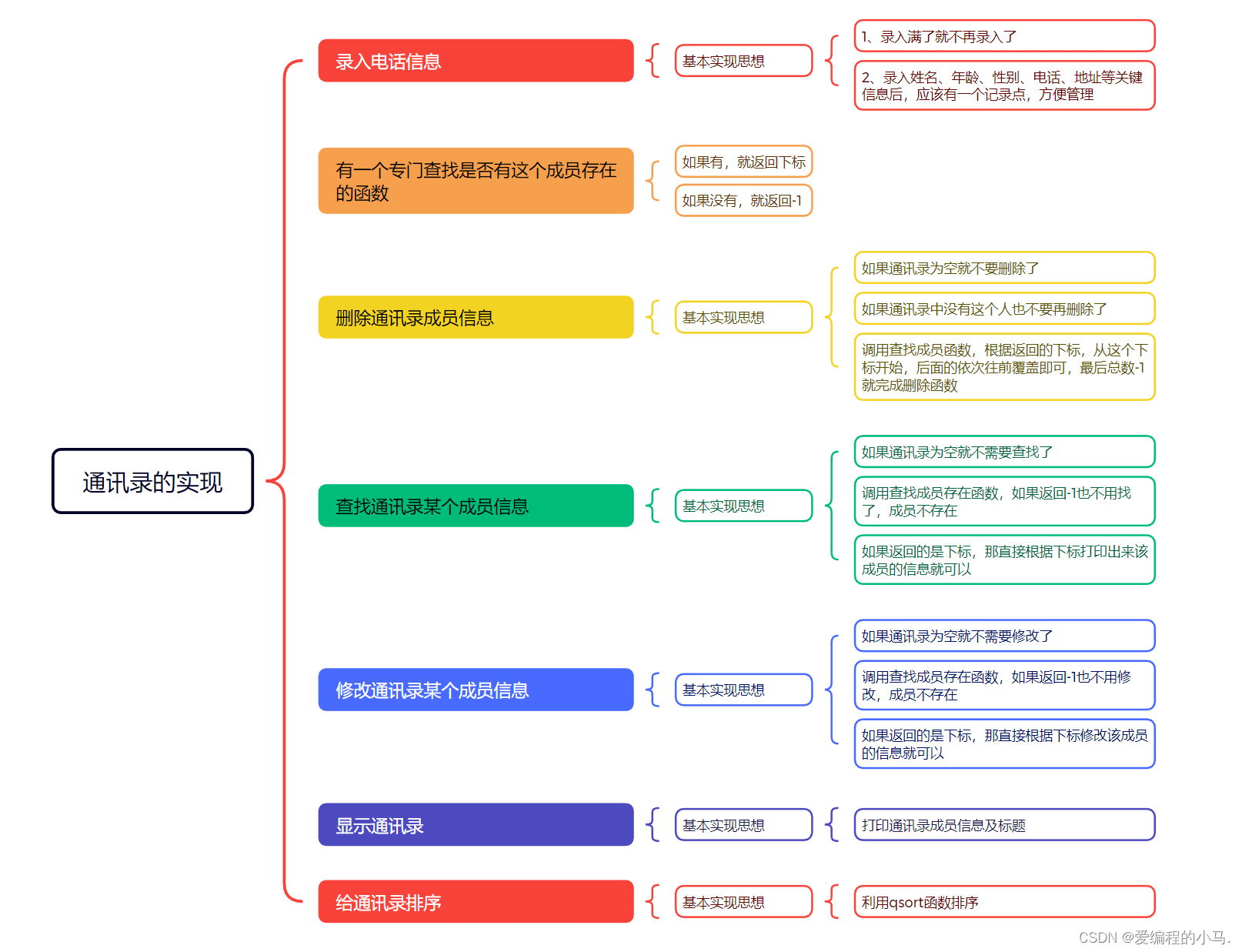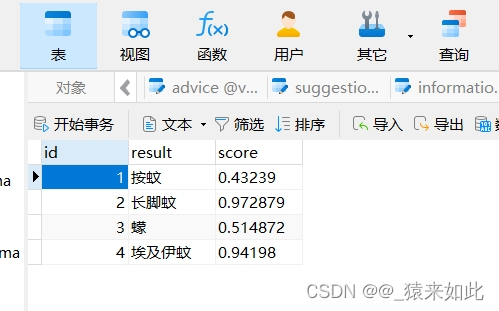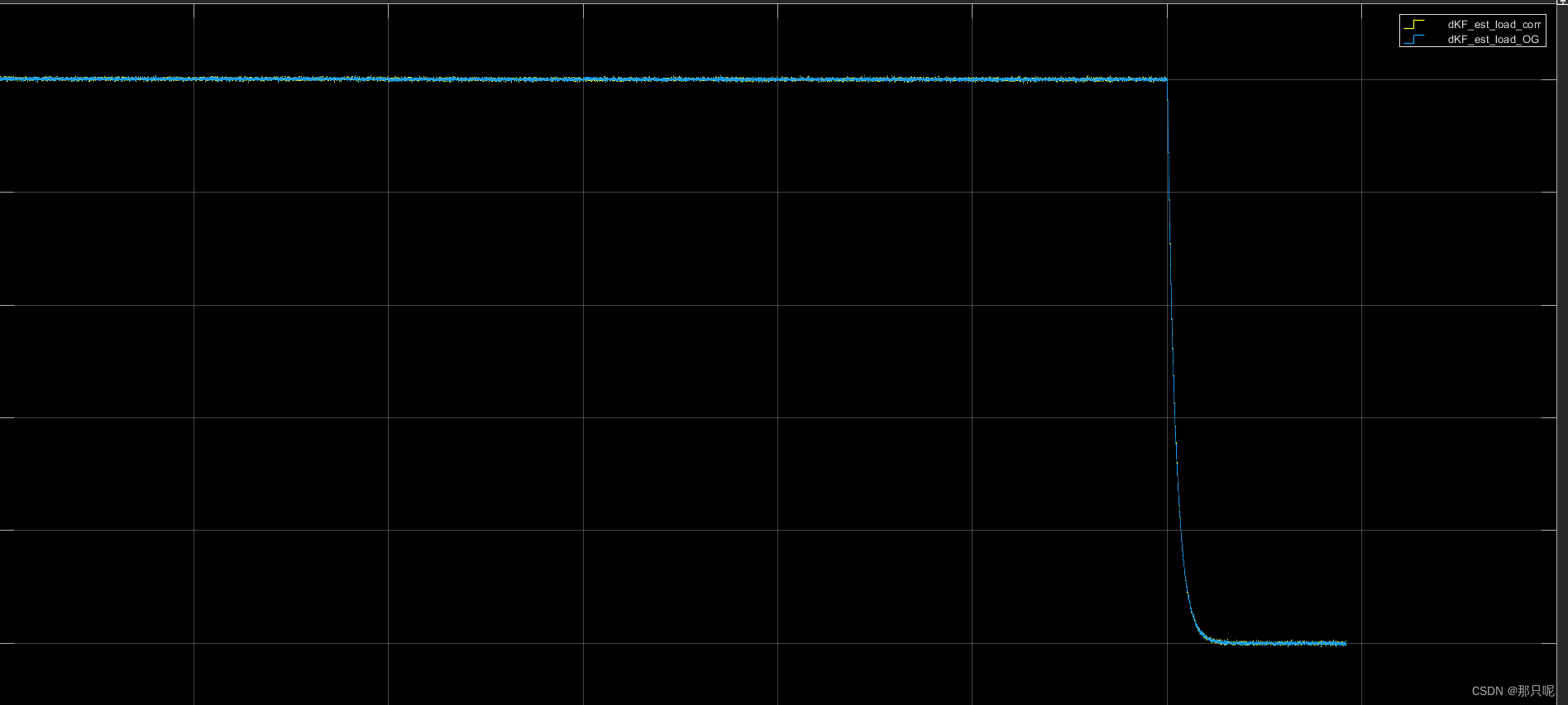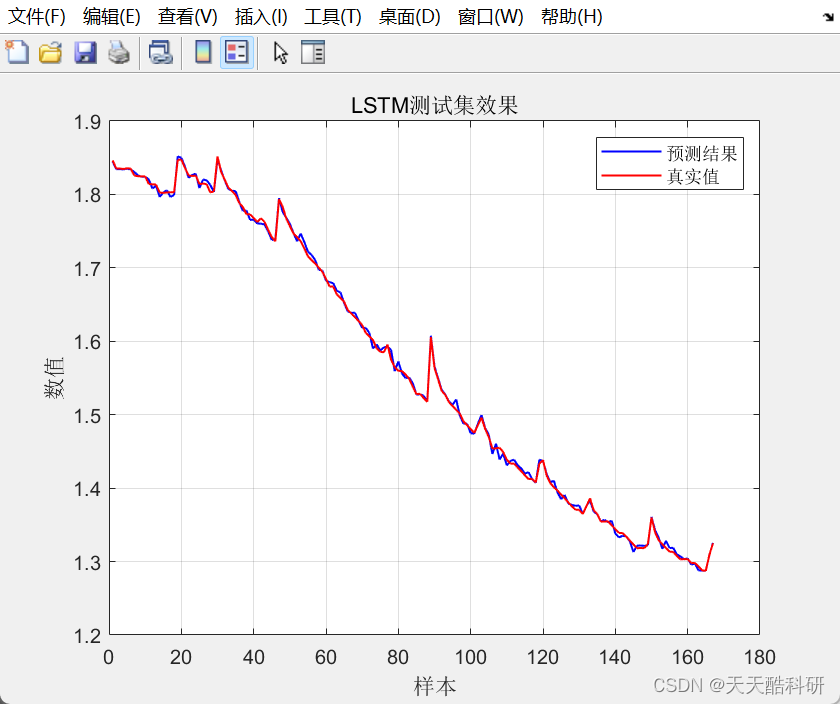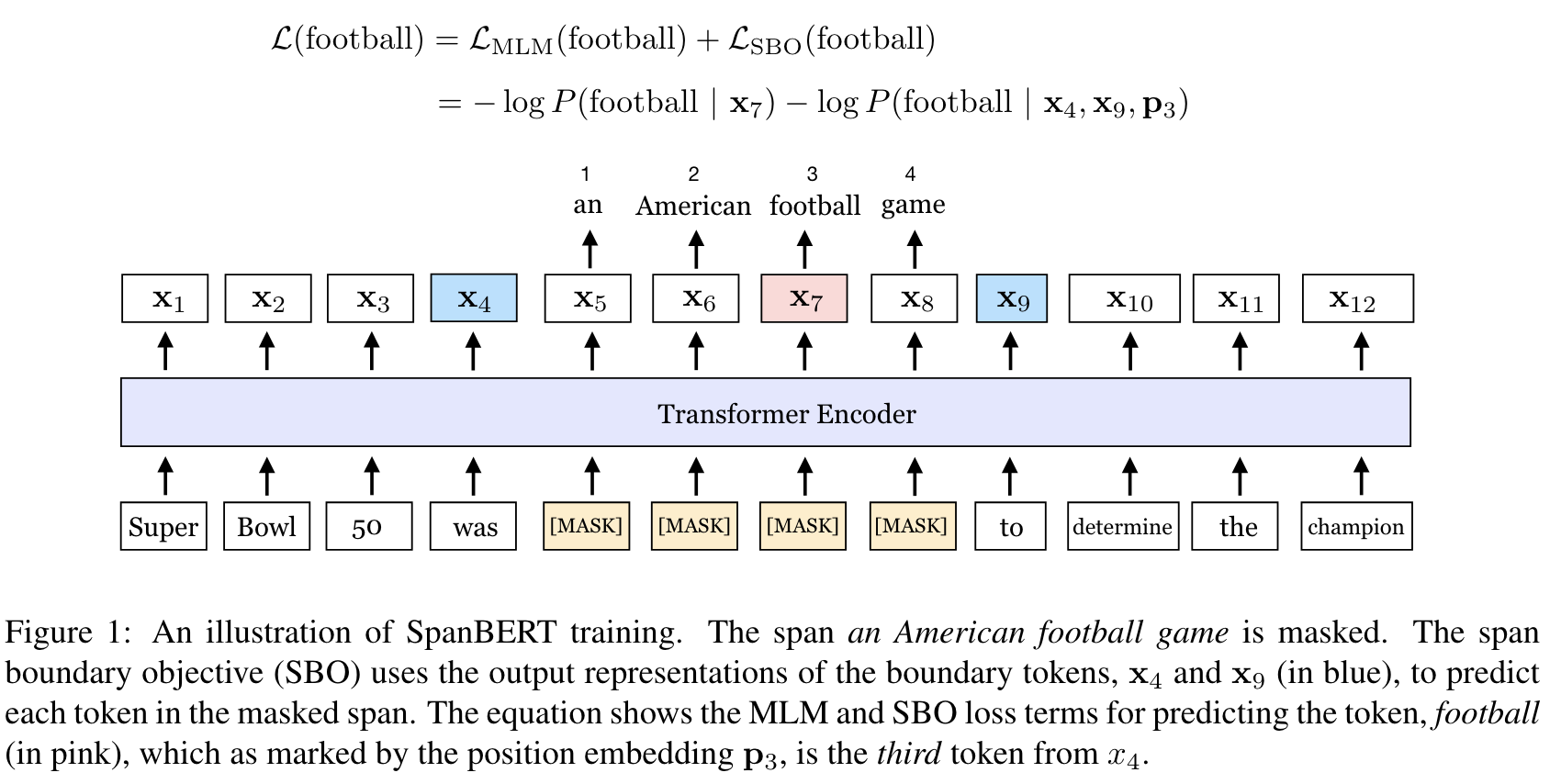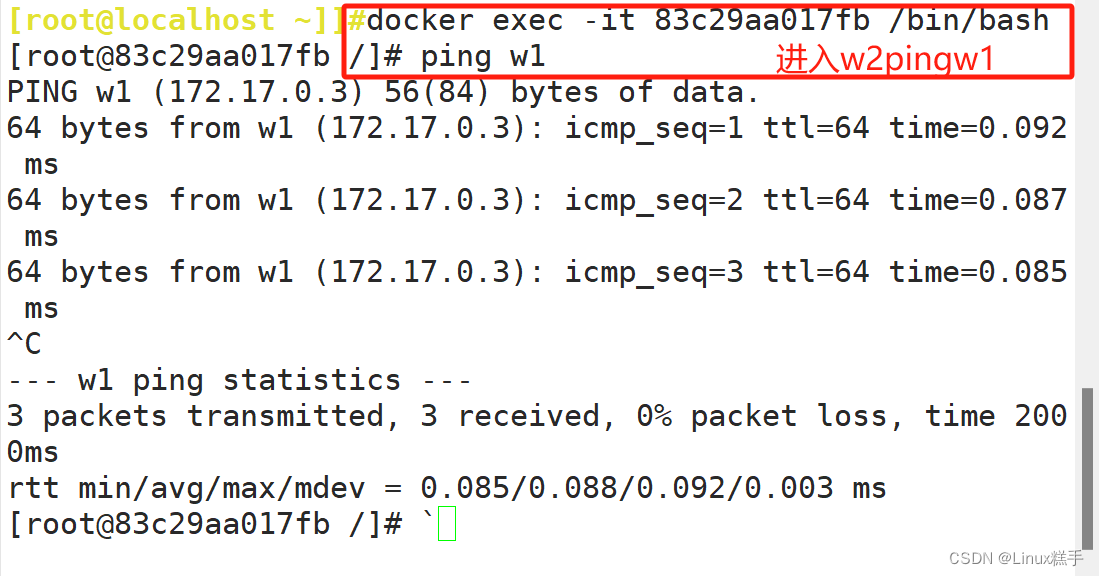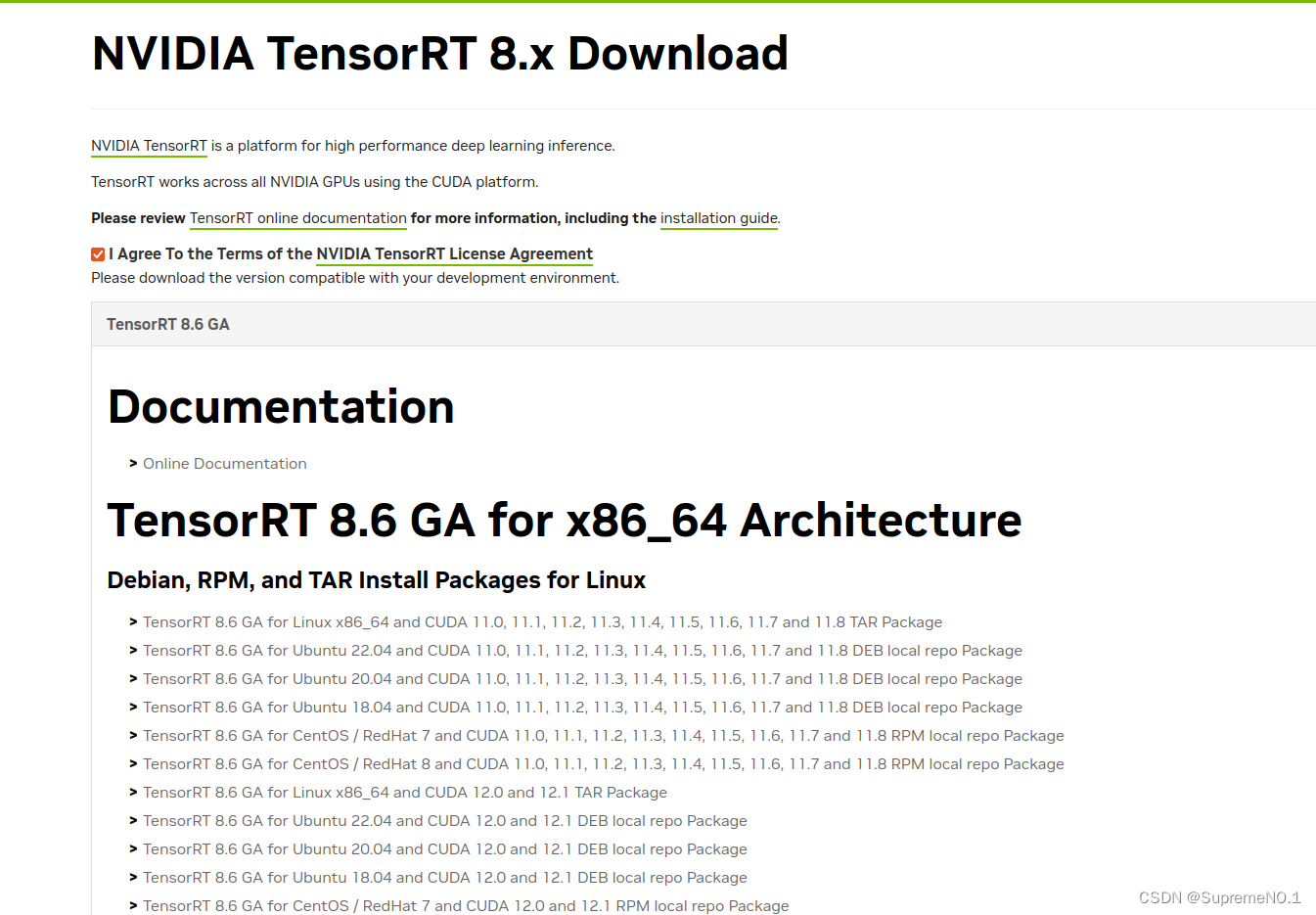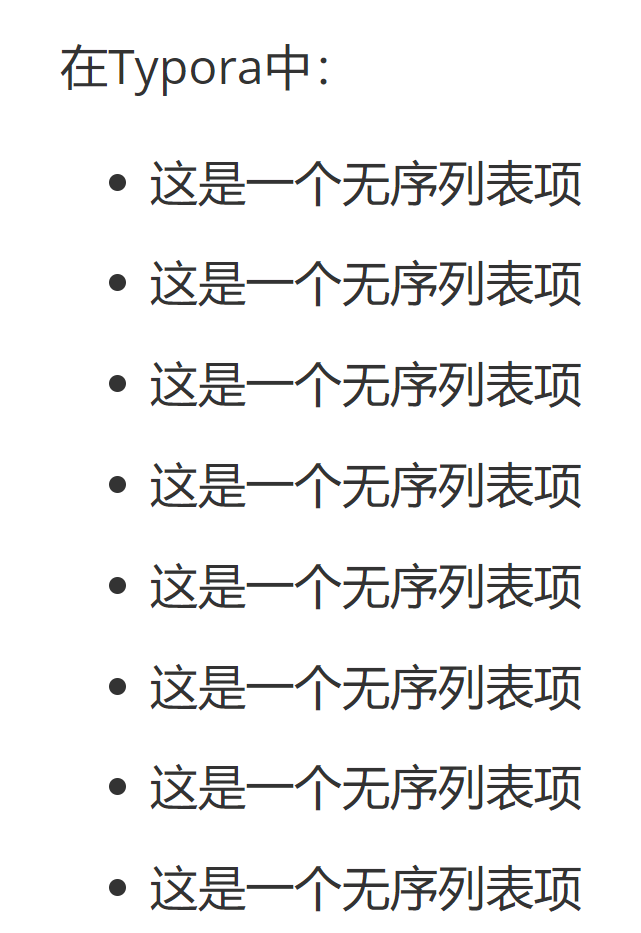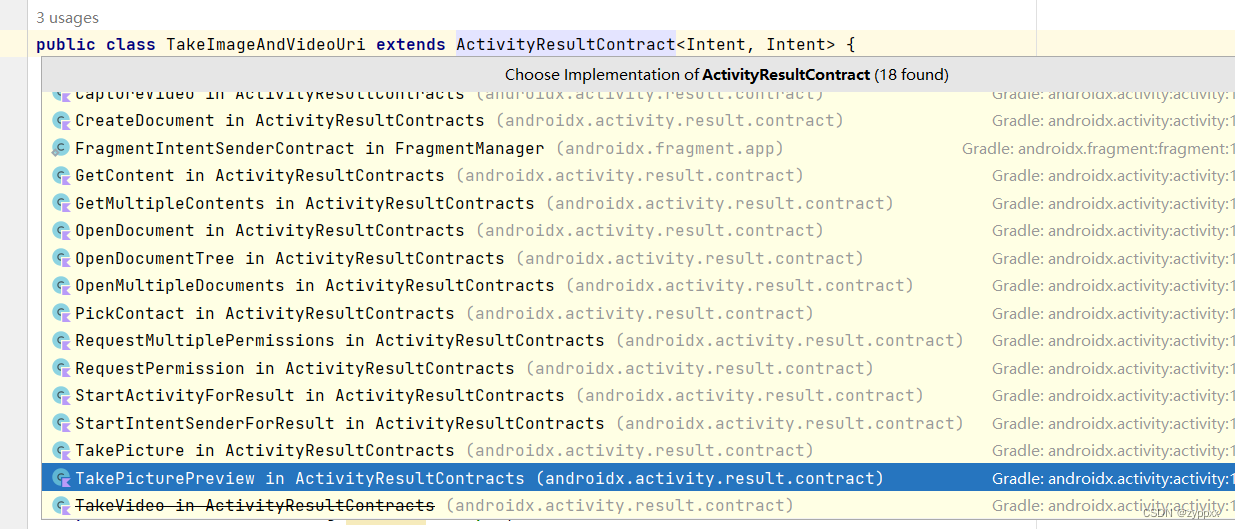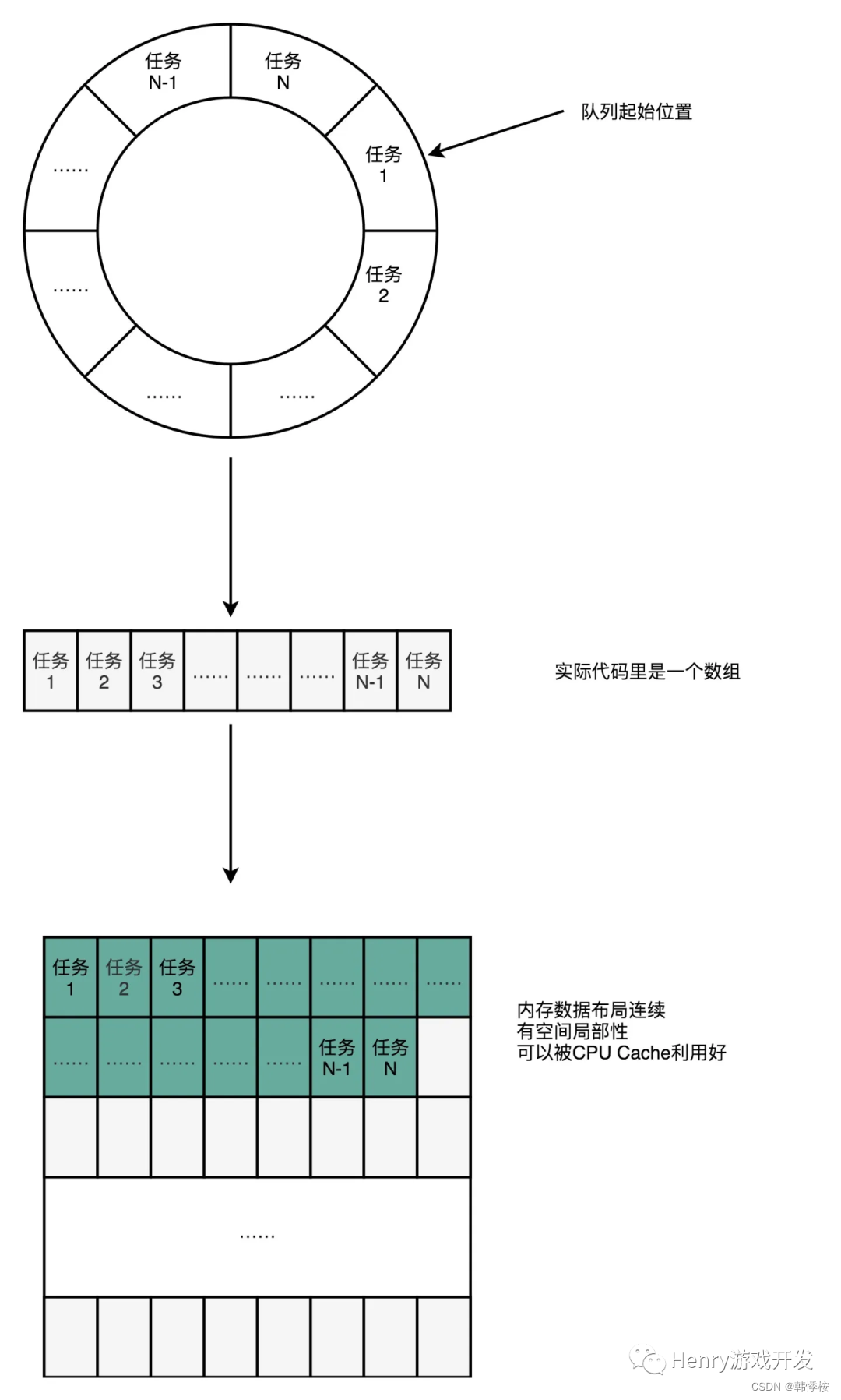系列文章
【golang学习之旅】报错:a declared but not used
【golang学习之旅】Go 的基本数据类型
【golang学习之旅】Go 的循环结构
【golang学习之旅】Go里面 if 条件判断语句
目录
- 系列文章
- switch 分支
- fallthrough 关键字
- 无条件 switch
switch 分支
有些时候需要写很多的if-else来实现一些逻辑处理,这个时候代码看上去就很丑很冗长,而且也不易于以后的维护,这个时候switch就能很好的解决这个问题。
Go 的 switch 语句类似于 C、C++、Java、JavaScript 和 PHP 中的,不过 Go 只会运行选定的 case,而非之后所有的 case。 在效果上,Go 的做法相当于这些语言中为每个 case 后面自动添加了所需的 break 语句。在 Go 中,除非以 fallthrough 语句结束,否则分支会自动终止。 Go 的另一点重要的不同在于 switch 的 case 无需为常量,且取值不限于整数。

fallthrough 关键字
switch-case 有个特殊的 fallthrough 用法,它会无条件的执行匹配到的下一个case。
Go里面switch默认相当于每个case最后带有break,匹配成功后不会自动向下执行其他case,而是跳出整个switch, 但是可以使用fallthrough强制执行后面的case代码。
integer := 6
switch integer {
case 4:
fmt.Println("The integer was <= 4")
fallthrough
case 5:
fmt.Println("The integer was <= 5")
fallthrough
case 6:
fmt.Println("The integer was <= 6")
fallthrough
case 7:
fmt.Println("The integer was <= 7")
fallthrough
case 8:
fmt.Println("The integer was <= 8")
fallthrough
default:
fmt.Println("default case")
}
上面的程序将输出
The integer was <= 6
The integer was <= 7
The integer was <= 8
default case
无条件 switch
无条件的 switch 同 switch true 一样。
